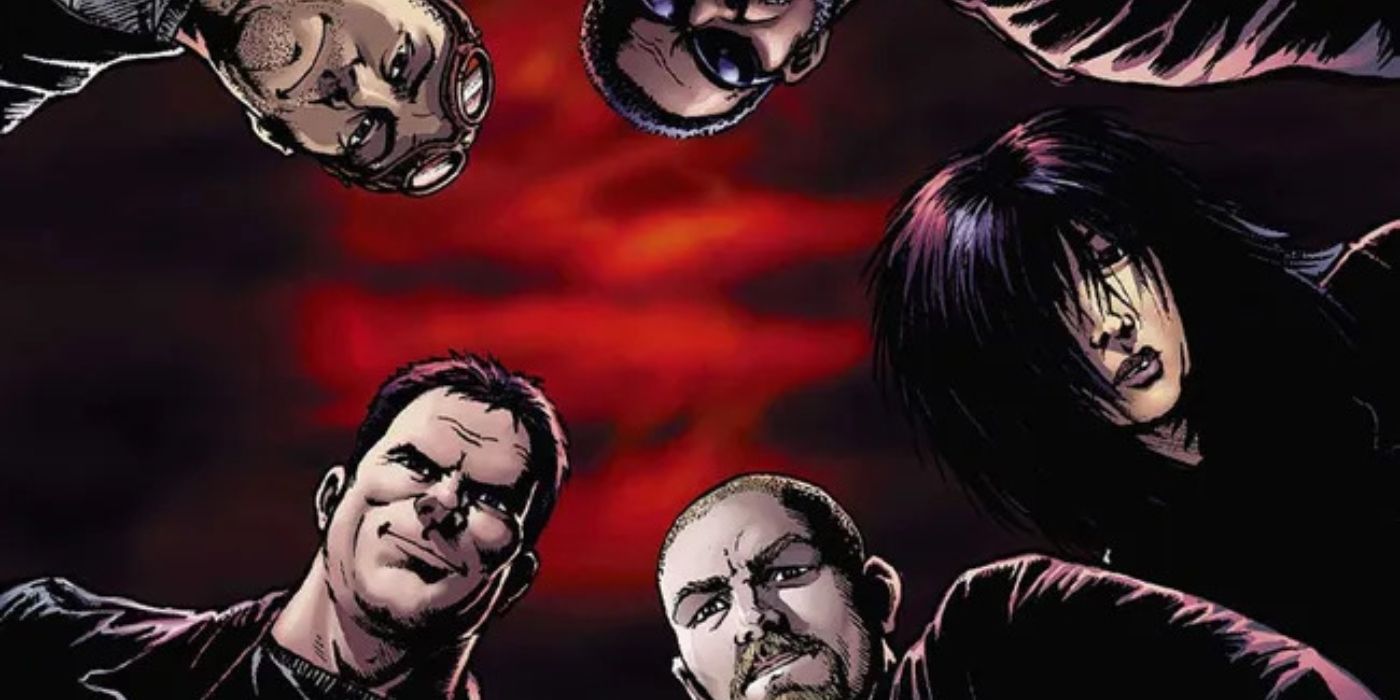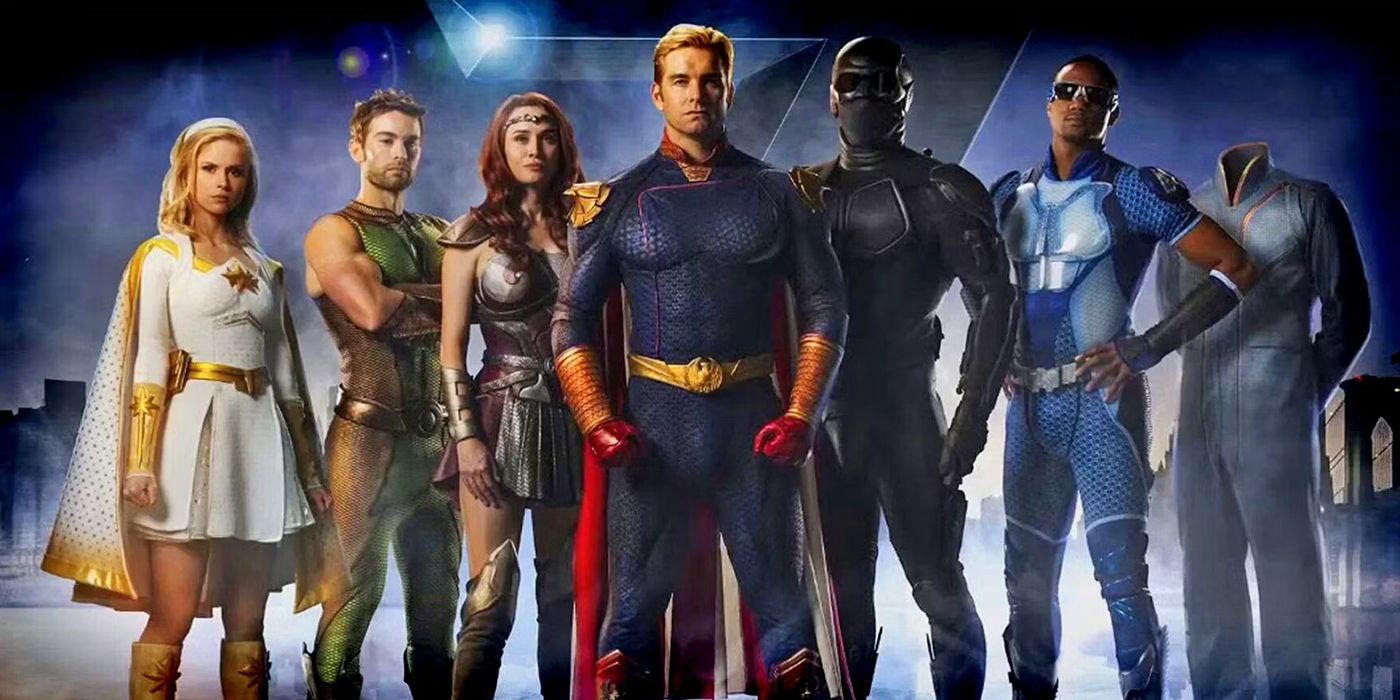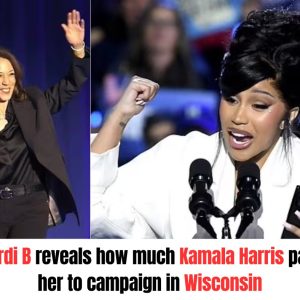Beyond just a superhero satire, The Boys, at its best, was an excellent indictment of American culture, and it could be considered the last truly powerful “Gen X” intellectual property. Garth Ennis’ series, which ran for 72 issues, varied from filthy humor to profound insight; it pulled no punches and captured the essence of a generation, whether they wanted it or not.
The following popularity of the Amazon TV adaptation of The Boys demonstrates the long-term impact of Gen X culture, as well as the persistent desire for the attitude that distinguished Gen X during its ascendancy. This generation’s creators had a significant impact on contemporary pop culture, and Garth Ennis’ work represents the culmination of this artistic lineage.

While Garth Ennis was not the final Gen X creator, he has proven to be one of the most influential in the long term, with The Boys’ soaring success elevating his worldview, for better or worse, to an altogether new level of audience interaction.
With “The Boys,” Garth Ennis Produced An Essential Piece Of Gen X Art
2006: The Boys Debuts

“Gen X had a very different outlook on “controversial” or “problematic” material, often welcoming it, rather than discouraging it. This is embodied in the work of Garth Ennis throughout his career, but without a doubt, the manifestation of his Generation X bona fides reached a pinnacle with The Boys .”
The Boys’ success across several mediums may be linked back to pre-Millennial tastes, despite the challenges of navigating generational differences. The Boys is a powerful examination of American culture, exploring both its divisions and the bonds that keep it together, despite its focus on superheroes. Garth Ennis’ book, The Boys, explores the post-Vietnam and post-Watergate cynicism that distinguishes “Generation X” from previous generations. Critics of the book’s bleak view sometimes overlook its historical background.
Ennis’ “in-your-face” approach to foul language and graphic violence reflected Gen X’s rejection of traditional cultural norms and traditions. This relates to The Boys’ content. In contrast to present cultural standards, Generation X had a radically different attitude toward “controversial” or “problematic” material, frequently welcoming it rather than forbidding it. Garth Ennis’ work exemplifies his Generation X identity, but The Boys is where he truly shines.
Members of Generation X were born into an era of fierce protests and clashes between the establishment and those who sought to upend the status quo. They grew up to be the generation that aggressively pushed back against censorship and the repressive qualities of preceding decades. One goal of Gen X art was to bring the ugly and the uncomfortable parts of human nature to the surface, rather than suppressing them. Garth Ennis’ work may be full of coarse, even distasteful moments – but his goal was to provide unflinching commentary on these things, as much as to provoke a reaction in his audience.
The Boys Brought The Excesses Of The 1990s To Another Level In The New Millennium
2012: The Boys Ends Its Run

“In the early 2000s, with The Boys , Ennis took the spirit of excess from ’90s comics and refined it, giving it a strong narrative purpose. Earlier, as well as later, violent comics have often lacked The Boys’ sense of focus, which is a product of its creators’ distillation of the Gen X ethos.”
The Boys was relentless in its brutality, and often crass in its delivery of even the most insightful message. Yet it is clear throughout that this was done with the greatest intentionality; in other words, where some younger creators might take shocking violence and profanity for granted, Ennis always used it as deliberately as possible in his work. In the same way that a subsequent generation of filmmakers misinterpreted – and misapplied the lessons of – Quentin Tarantino’s use of cinematic violence, many fans and critics alike have incorrectly assessed the use of gore in The Boys.
The Boys aimed to depict a “realistic” superhero universe. In a visual medium, violence was the most efficient way to accomplish this. Superheroes are expected to lose more blood than other characters in the genre due to their greater power. Similarly, the insane nature of so many of the series’ super”hero” characters was an extension of the same ambition – in other words, if power corrupts, then superpower supercorrupts.
Garth Ennis’ creativity evolved during the 1990s, contributing to the era’s excesses in comic book storytelling. Ennis polished the excess of ’90s comics with The Boys in the early 2000s, adding a strong narrative purpose to the style. Earlier and later, violent comics lacked The Boys’ emphasis, which stems from their writers’ distillation of the Gen X worldview.
The Boys’ Continued Success Is A Testament To The Legacy Of Gen X
The TV Adaptation Is Still Gaining Popularity

“Garth Ennis’ perspective on superheroes, and by extension culture as a whole, has remained relevant, finding its largest audience among non-Gen X audiences. That is to say, Amazon’s The Boys continues to encapsulate the core Generation X approach that suffused Ennis’ original comic.”
As much as they can be distinguished from one another, generations always engage in a chaotic interplay of embracing and rejecting what previous generations have done. Generation X was defined by its reaction to what came before it; the present Gen Z is comparable in this way, whereas Millennials appear to be torn between the two poles. The Boys television adaptation exemplifies how Gen X has left an indelible mark on modern mainstream culture.
Amazon’s The Boys carries the same concept of the comic, with some indulgences replicated and others omitted. That is, Garth Ennis’ take on superheroes, and by extension, culture as a whole, has stayed relevant, with non-Gen X consumers being the most interested. Amazon’s The Boys maintains the Generation X style that characterized Ennis’ original comic book source material. This shows that, while some of the generation’s more caustic impulses may no longer be relevant, Gen X art continues to resonate in a variety of ways.
As The Boys’ popularity grows, the conversation concerning their role in popular culture is still in its early stages.Garth Ennis’ impact on the comic book business was established before to the publishing of The Boys. It is now widely regarded as his most essential work, and will continue to be discussed by analysts for years to come, including the TV version. To have a deeper understanding of Generation X’s impact, it’s important to analyze The Boys.





